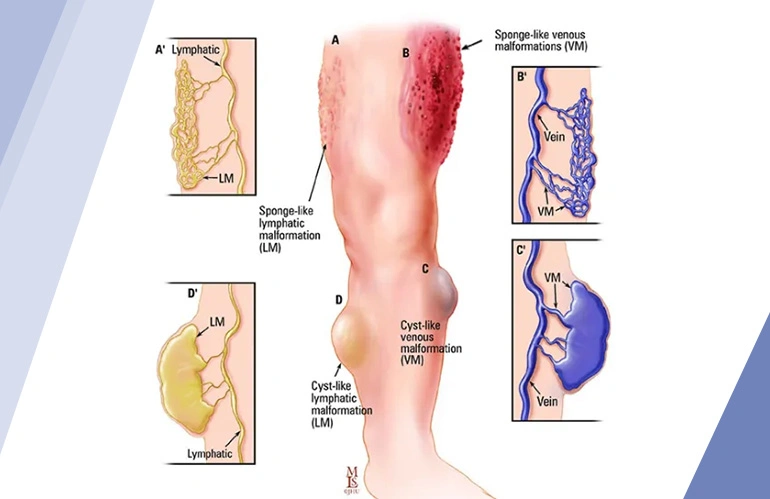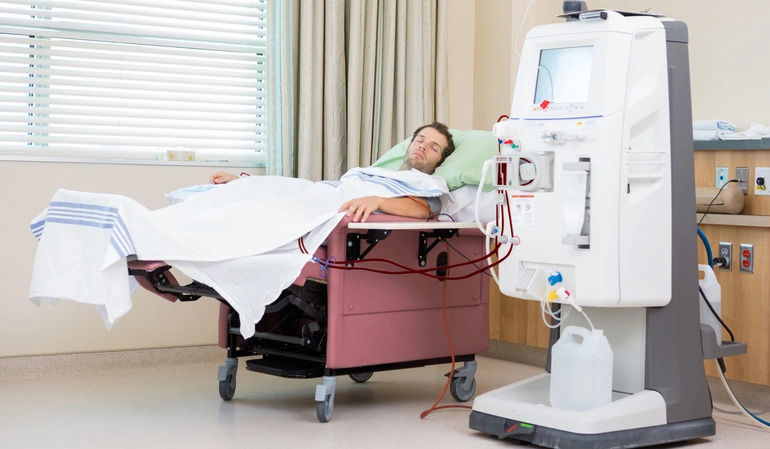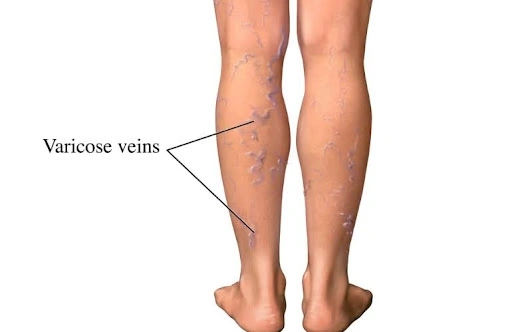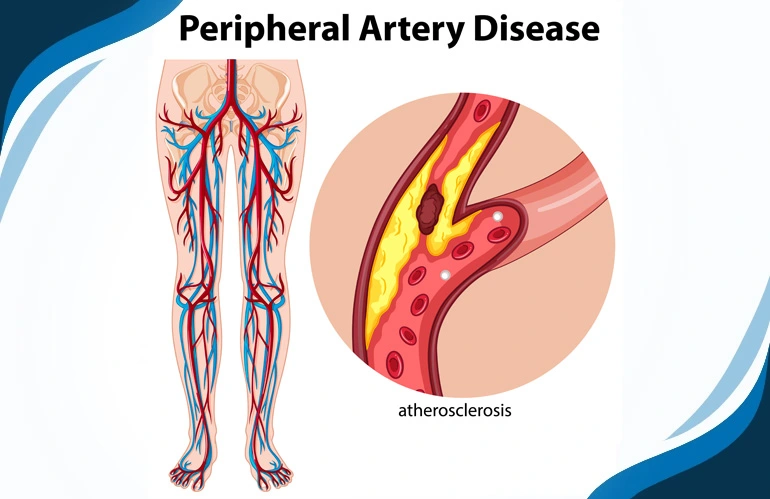AV Fistula vs. PermCath: What’s the Better Choice for Dialysis?
Introduction
For patients with chronic kidney disease, starting dialysis often requires choosing between different types of access for the treatment. Two common options are the arteriovenous (AV) fistula and the PermCath catheter. Both have their advantages and drawbacks, and the best choice can vary based on individual patient needs and medical circumstances. This blog explores the differences between an AV fistula and a PermCath .Helping patients make informed decisions with their healthcare providers at the one stop vascular solutions, we provide the best AV fistula and PermCath treatment in hyderabad.
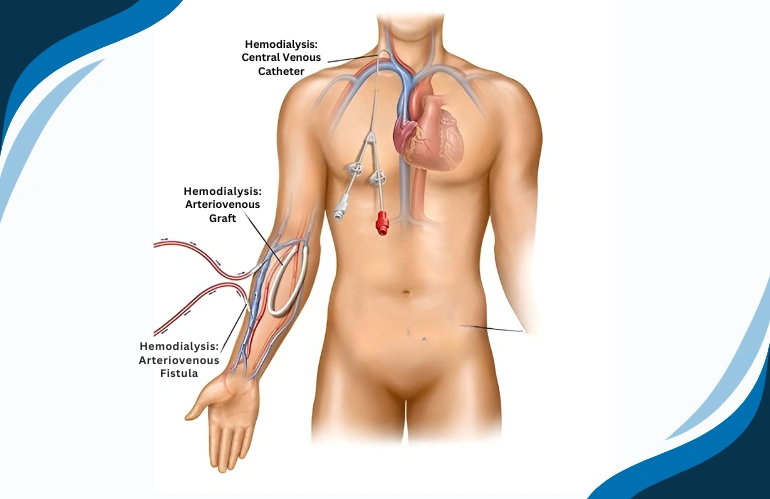
Understanding AV Fistula and PermCath
What is an AV Fistula?
An AV fistula is considered the gold standard for long-term dialysis access. It’s created surgically by connecting an artery to a vein, usually in the arm. This connection allows the vein to grow larger and stronger, making repeated needle insertions for dialysis treatment easier and more effective. The AV fistula is known for its longevity and lower complication rates compared to other forms of access.
What is a PermCath?
A PermCath is a type of central venous catheter specifically designed for long-term dialysis. It is typically placed in a large vein in the neck or chest. Unlike an AV fistula, a PermCath does not require maturation time and can be used almost immediately after placement, which can be crucial for patients who need urgent dialysis.
Pros and Cons of AV Fistula and PermCath
Advantages of AV Fistula:
- Longevity and Durability: Lasts longer than other types of vascular access.
- Lower Infection Rates: Reduced risk of infections compared to catheters.
- Efficiency: Provides efficient blood flow that can improve the effectiveness of dialysis.
- Fewer Complications: Lower risk of clotting and stenosis.
Disadvantages of AV Fistula:
- Maturation Time: It can take weeks or months for a fistula to mature and be ready for use.
- Surgical Procedure Required: Requires a surgical procedure to create, which carries typical surgical risks
- Needle Insertions: Some patients may be uncomfortable with the regular needle insertions required for dialysis through a fistula.





.webp)
